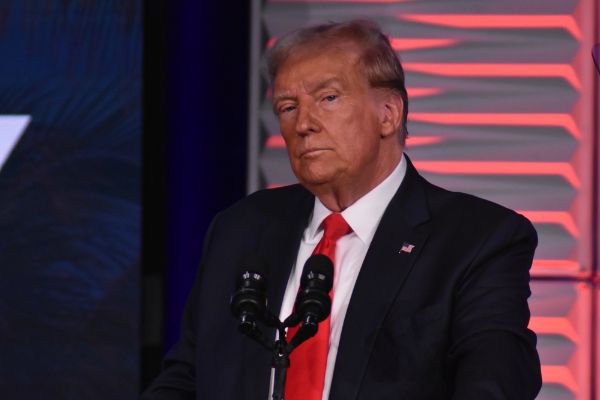The Ninth Circuit Court of Appeals just got hit with a case that’s stirring up a storm of questions, decades after one of the most shocking moments in American history: the assassination of President John F. Kennedy. Researchers, led by the Mary Ferrell Foundation, are going toe-to-toe with the National Archives to get their hands on documents still under lock and key. That’s right, folks, it’s 2023, and they’re still hiding things about JFK’s assassination, a full 60 years later. If that doesn’t smell fishy, nothing does.
William Simpich, the attorney pushing for transparency, argued that the JFK Records Act was supposed to end this secrecy. According to Simpich, this 1992 law was crafted to ensure the release of all assassination-related records, and it set a deadline of 2017. But here we are, way past that date, and the government still isn’t spilling the full story. “This remedial statute was designed to get these documents out to the public as quickly as possible,” Simpich reminded the court, adding that the law requires the government to justify any document withholding by showing a real risk to national security.
Now, let’s take a moment to appreciate the irony. The very government that screams about “transparency” every election cycle is holding tight to records from 1963, claiming national security concerns. The government’s attorney, Peter Starcher, argued that the president has the final say on whether releasing these records would harm national security. But let’s be real. If there were actual, legitimate security concerns in 2017—or even today—it’s not a stretch to think they’d be spelled out clearly. Instead, we get vagueness and hand-waving about “foreign relations” with Mexico. As one judge pointed out, foreign relations matter, but are we really buying that Mexico in the ‘60s is why we can’t see these documents today?
What’s really happening, according to Simpich and the foundation, is a dance around transparency. They’re questioning the use of “transparency plans” by the National Declassification Center (NDC), which bypasses the archivist’s independent role and instead hands influence over to the very intelligence agencies that would rather keep secrets. “Instead of having the archivist making these recommendations, it’s happening with the NDC where the regulators can easily be swayed by the regulated,” Simpich pointed out.
Interestingly, both President Trump and President Biden have kicked the can down the road, invoking “national security” to keep certain documents sealed. But as usual, Democrats have taken this as an opportunity to double down on secrecy under the guise of “protection.” The JFK Records Act gave the government all the way to 2017 to release these records. And still, here we are.
Maybe, just maybe, the full release of these documents would do more than embarrass a few people; it could challenge narratives. And that’s the last thing establishment types want—especially those who would rather rewrite history in their favor. This case stands as a litmus test for government transparency. Americans have a right to know, and any continued secrecy only feeds the suspicions surrounding that fateful day in Dallas.






